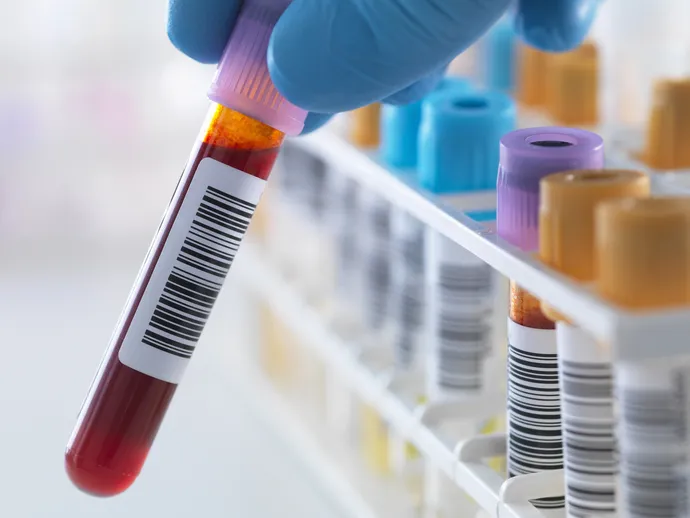Last updated on 16th Oct 2021 - By Dwayne Michaels
How Abnormal POTASSIUM affects heart?
Having too much potassium in your blood can be dangerous. Potassium affects the way your heart's muscles work. When you have too much potassium, your heart may beat irregularly, which in the worst cases, can cause heart attack.

Potassium is the eighth or ninth most common element by mass (0.2%) in the human body, so that a 60 kg adult contains a total of about 120 g of potassium. The body has about as much potassium as sulfur and chlorine, and only calcium and phosphorus are more abundant. Potassium ions are present in a wide variety of proteins and enzymes.
Plasma potassium is normally kept at 3.5 to 5.0 millimoles (mmol) [or milliequivalents (mEq)] per liter by multiple mechanisms. Levels outside this range are associated with an increasing rate of death from multiple causes, and some cardiac, kidney, and lung diseases progress more rapidly if serum potassium levels are not maintained within the normal range.
Also Read : Symptoms of Abnormal potassium
An average meal of 40–50 mmol presents the body with more potassium than is present in all plasma (20–25 mmol). However, this surge causes the plasma potassium to rise only 10% at most as a result of prompt and efficient clearance by both renal and extra-renal mechanisms.

Hyperkalemia is an elevated level of potassium (K+) in the blood. Normal potassium levels are between 3.5 and 5.0 mmol/L (3.5 and 5.0 mEq/L) with levels above 5.5 mmol/L defined as hyperkalemia. Typically hyperkalemia does not cause symptoms. Occasionally when severe it can cause palpitations, muscle pain, muscle weakness, or numbness. Hyperkalemia can cause an abnormal heart rhythm which can result in cardiac arrest and death.
Preventing recurrence of hyperkalemia typically involves reduction of dietary potassium, removal of an offending medication, and/or the addition of a diuretic
Hypokalemia, a deficiency of potassium in the plasma, can be fatal if severe. Common causes are increased gastrointestinal loss (vomiting, diarrhea), and increased renal loss (diuresis). Deficiency symptoms include muscle weakness, paralytic ileus, ECG abnormalities, decreased reflex response; and in severe cases, respiratory paralysis, alkalosis, and cardiac arrhythmia.
Also Read : What can cause inaccurate blood test results?
Potassium is present in all fruits, vegetables, meat and fish. Foods with high potassium concentrations include yam, parsley, dried apricots, milk, chocolate, all nuts (especially almonds and pistachios), potatoes, bamboo shoots, bananas, avocados, coconut water, soybeans, and bran.
Did you know? Not getting enough sleep is linked to Heart attack, Depression, High Blood Pressure, Obesity and Diabetes.

The USDA lists tomato paste, orange juice, beet greens, white beans, potatoes, plantains, bananas, apricots, and many other dietary sources of potassium, ranked in descending order according to potassium content. A day's worth of potassium is in 5 plantains or 11 bananas.
Diets low in potassium can lead to hypertension and hypokalemia.

Does drinking water before blood test affect results?
Certain blood tests require fasting beforehand. Fasting before certain blood tests is important to help make sure that your test results are accurate. Read on to learn more about the effects of water on blood test results.
Know more
What can cause inaccurate blood test results?
Several factors can affect blood test results. Read on to know the top reasons which can lead to inaccurate blood test results.
Read more
Painful health problems of famous celebrities
Read on to know chronic illnesses of top celebrities
Know more